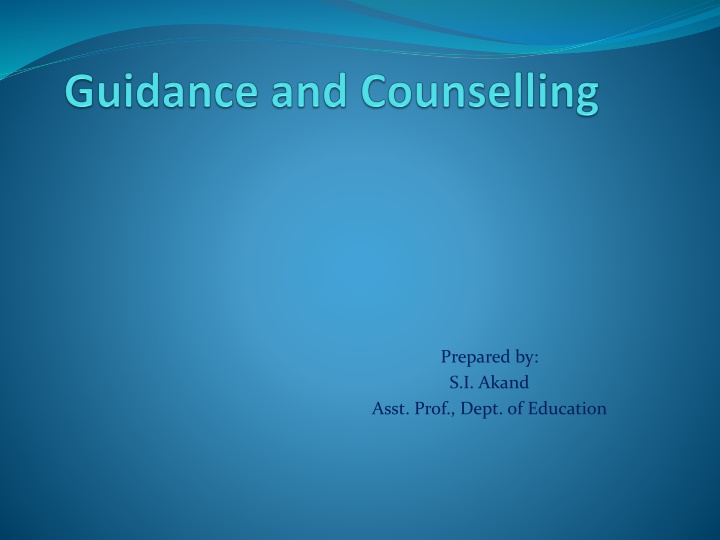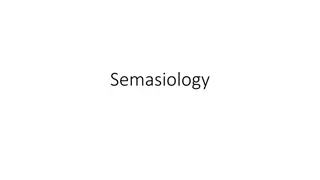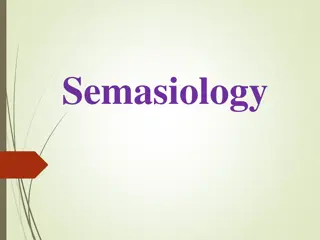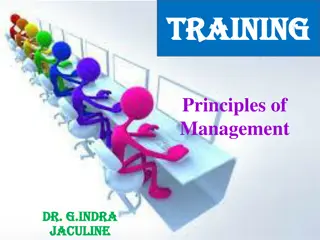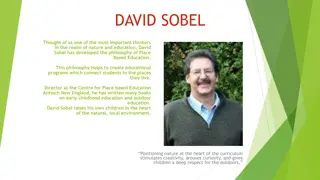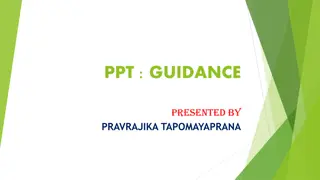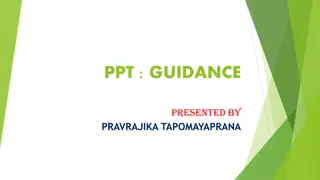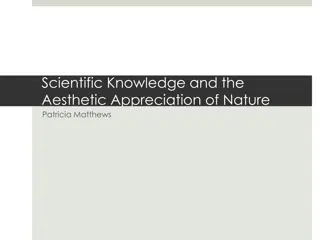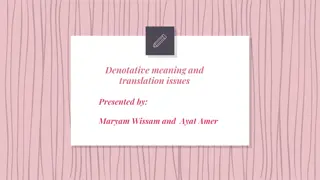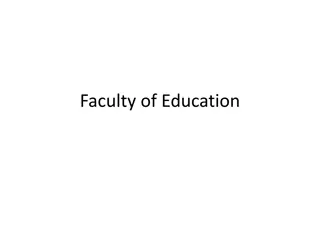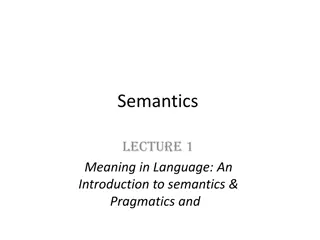The Meaning, Definition, and Nature of Guidance in Education
Guidance is a crucial process that offers assistance and support to individuals in understanding themselves, setting goals, problem-solving, and overall development. Various definitions by experts highlight the importance of guidance in helping individuals make informed decisions and navigate life challenges effectively. The nature of guidance emphasizes its role in education, problem-solving, individualization, continuous support, and preparation for the future. Recognizing the need and importance of guidance is essential for fostering holistic development, career choices, vocational growth, school and home adjustments for students.
Download Presentation

Please find below an Image/Link to download the presentation.
The content on the website is provided AS IS for your information and personal use only. It may not be sold, licensed, or shared on other websites without obtaining consent from the author.If you encounter any issues during the download, it is possible that the publisher has removed the file from their server.
You are allowed to download the files provided on this website for personal or commercial use, subject to the condition that they are used lawfully. All files are the property of their respective owners.
The content on the website is provided AS IS for your information and personal use only. It may not be sold, licensed, or shared on other websites without obtaining consent from the author.
E N D
Presentation Transcript
Prepared by: S.I. Akand Asst. Prof., Dept. of Education
Meaning of Guidance: Guidance is a process of rendering any kinds of assistance, help or to any individual by another individual. It helps every individual to know himself ,to help himself, to recognize and use his inner resources, to set goals, to make plans, to work out his own problems of development. Guidance helps the person with thecomplex situation of his life. for appropriate adjustment
Definition of Guidance: definitions are 1. Ruth Strang. Guidance is a process of helping every individual, through his own efforts, to discover and develop his potentialities for his personal happiness and social usefulness. 2. A.J. Jones. Guidance involves personal help given by a competent person; it is designed to assist a person in deciding where he wants to go, what he wants to do, or how he can best accomplish his purposes; it assists him in solving problems that arise in his life. Some of the important
John Brewer. Guidance is a process through which an individual is able to solve his problems and pursue a path suited to his abilities and aspirations. Woodworth. Guidance helps an individual to develop his personality and enables him to serve the society to the best of his capabilities and talents. Kitson. Guidance is individualised education . Each student is to be helped to develop himself to the maximum possible degree in all respects.
Nature of Guidance: 1. Guidance is education itself. 1. Guidance is solution for the problems. 3. Guidance is a continuous process. 4. Guidance is related with life. 5. Guidance is self-direction. 6. Guidance is individual-centred. 7. Guidance is a qualified and complex and organised service. 8. Guidance is based on individual differences. 9. Preparation for future. 10. Modification of Behaviour.
Need and importance of Guidance: (i) Guidance is needed in helping total development of the pupils: (ii) Guidance is needed to enable students to proper choices of their educational career at different stages: (iii) Guidance is needed to help students in choosing, preparing for, entering into a better career: (iv) Guidance is needed for the vocational development of the students: (v) Guidance is needed to help students for better school adjustment: (vi) Guidance is needed to help students for better home adjustments:
Scope of Guidance: The scope of guidance is too wide. In the words of Crow and Crow, Guidance touches every aspect of an individual s personality- physical, mental, emotional and social. basic potentialities and environmental opportunities. It is concerned with all aspects of an individual s attitudes and behaviour patterns. It seeks to help the individual to integrate all of his activities in terms of his basic potentialities and environmental opportunities. The following factors are responsible for the expansion of the scope of guidance- 1. Complex natureof personality. 2. Complexityof Occupation. 3. Complexityof Training. 4. Areasof guidance. 5. Guidance in Adjustment. 6. Guidance inValues. 7. Guidance in Education.
